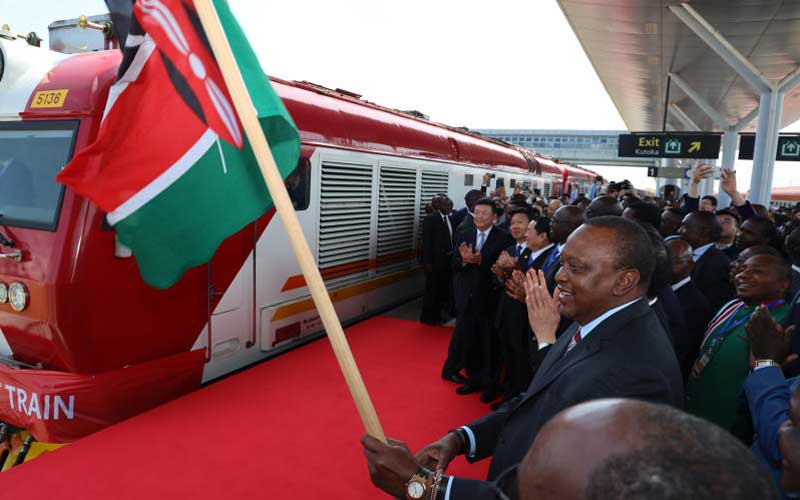×
The Standard e-Paper
Stay Informed, Even Offline

Pricing of the Standard Gauge Railway project may have been inflated by nearly Sh29 billion, fresh details from analysis of the tender documents show.
Kenya Railways Corporation allowed the contractor to adjust costs of the civil works by Sh11 billion (a 3.5 per cent increase) and Sh2.7 billion (2.5 per cent) for the accompanying facilities.